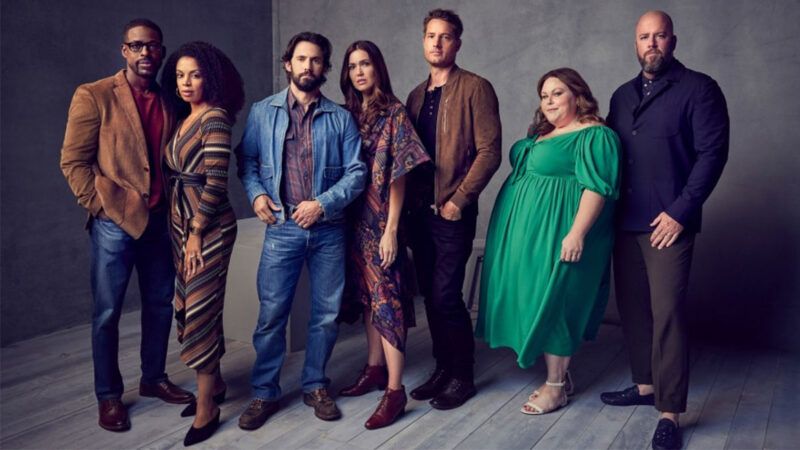This Is Us
Randall's actions hint at the dark side of people who are just trying to make things better for everyone—regardless of whether their victims want the help.

This Is Us, the addictive (or cloyingly annoying, depending on your ability to stomach unironic schmaltz about parenting, childhood, marriage, PTSD, and loss) program from NBC, launched its sixth and final season in January. The show's delivery of a multigenerational family soap opera via Lost-style storytelling trickery and misdirection leaves many mysteries to be teased out between the tearjerker moments.
The most challenging such conundrum: Is Randall Pearson—the adopted black son who replaced a dead white triplet at birth—a true selfless hero or at least in part a self-important villain?
The show seems to accept Randall's superior wonderfulness; casting the enormously strong and charming Sterling K. Brown puts a heavy thumb on that scale. Still, could there be hints of a subterranean jaundiced attitude when he becomes a Philly city council member, likely on his way to national political stardom? In his personal life Randall shows signs of the feckless officiousness of the politician, whether he's forcing his family to upend their lives to follow his dreams (while guilt-tripping his long-suffering wife when she tries to do the same); forcing his sick mom into treatment that she and his siblings do not want for her; or letting his guilt lead him to bail out a criminal who terrorized his own family, who then promptly disappears.
Whatever the showrunners' intentions, Randall's actions hint at the dark side of people who are just trying to make things better for everyone—regardless of whether their victims want the help.


Show Comments (3)